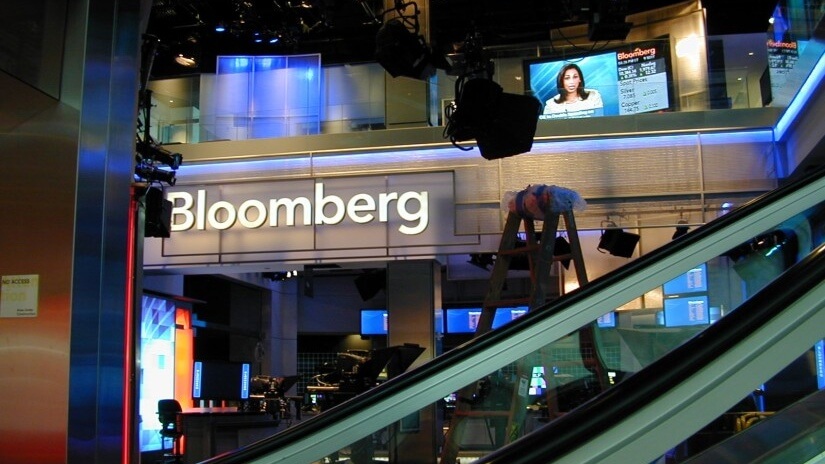Bloomberg has pledged to serve more vegan food in a bid to reduce its environmental impact.
The media giant served 429 tons of food in 2018. Seven percent of the total was ruminant meats, like beef and lamb. Sixty-five percent consisted of other animal-based foods. According to the company, its total food greenhouse gas emissions came to 13,735 tons CO2e.
Now, in a bid to reduce this number significantly, Bloomberg has signed on to the Cool Food Pledge.
The pledge — created by the World Resources Institute, the UN Environment, and Health Care Without Harm, and other organizations — aims to help cut the carbon footprint of businesses and catering companies by serving more climate-friendly, plant-based foods.
Bloomberg’s New York and New Jersey-based office cafeterias — which are serviced by Sodexo — will incorporate more plant-based ingredients on to the menu and introduce Meatless Mondays.
In October 2018, the UN Environment revealed tackling meat consumption is the world’s most “urgent problem.” The industry is responsible for a multitude of environmental problems, including high levels of greenhouse gas emissions and deforestation.
A number of companies are trying to make a difference. As well as Bloomberg, 25 other establishments and businesses — including Hilton Hotels & Resorts — have signed on to the Cool Food Pledge.

‘A Critical Step’ in Protecting the Planet
If all of these signatories slash emissions by 25 percent by 2030, it will save 800,000 tonnes of food-related emissions. This is the same as removing 170,000 cars from the road.
“Sustainability sits at the core of our business operations,” said Beth Mazzeo — Bloomberg’s chief administrative officer — in a statement. “At Bloomberg, we continually seek out innovative ways to power our business with renewable energy. [We] lower our emissions and reduce waste.”
“By signing on to the Cool Food Pledge we are making the commitment to reducing our food provision-related [greenhouse gas] emissions.”
She added that introducing more vegan food is a “great opportunity” to meet the “evolving palates” of employees and guests. She continued, “It is also a critical step in reducing agriculture’s pressure on the climate.”
Daniel Vennard — director at World Resources Insitute — added, “to avoid the worst impacts of climate change, people have to eat differently. It’s that simple.”



